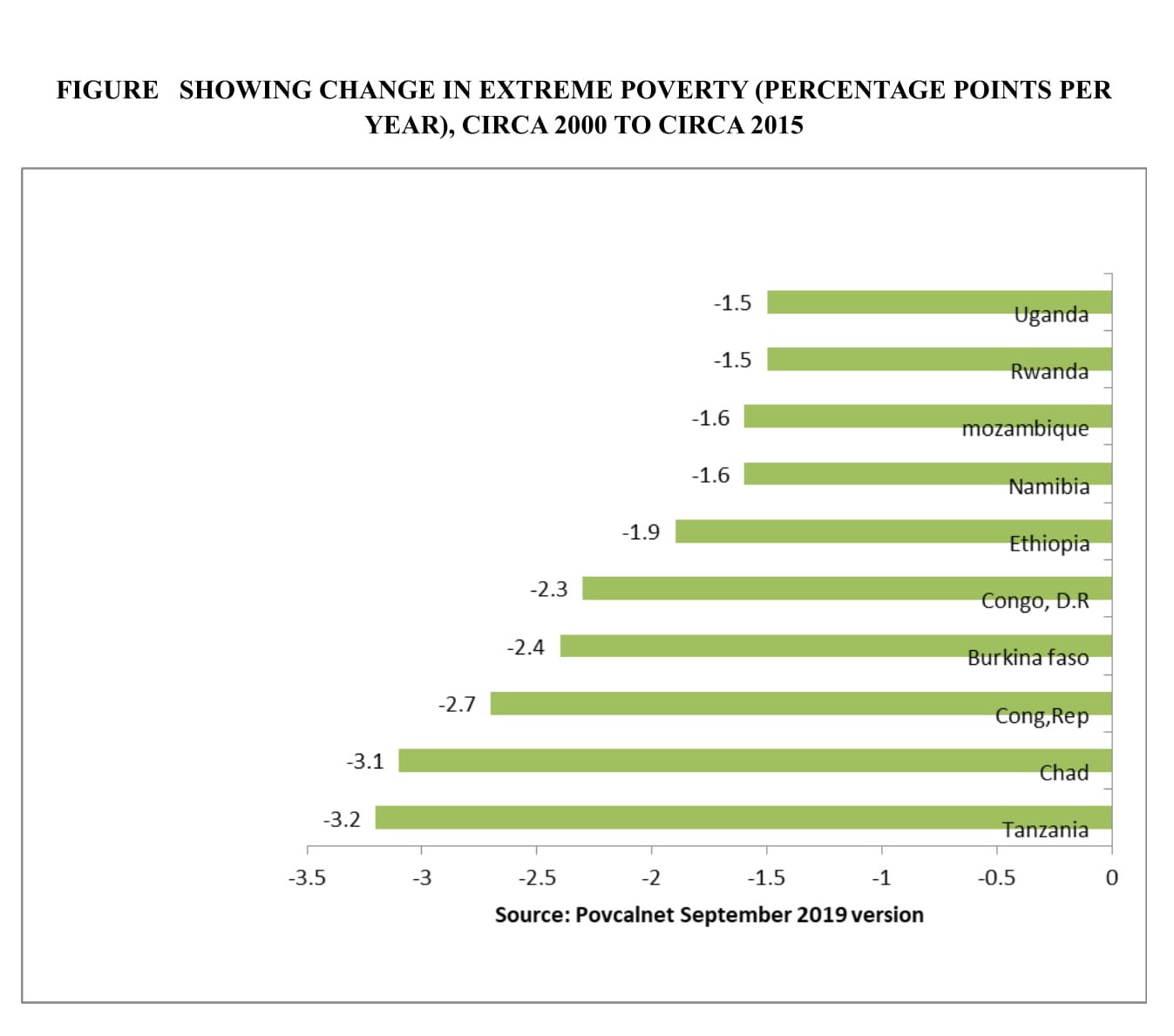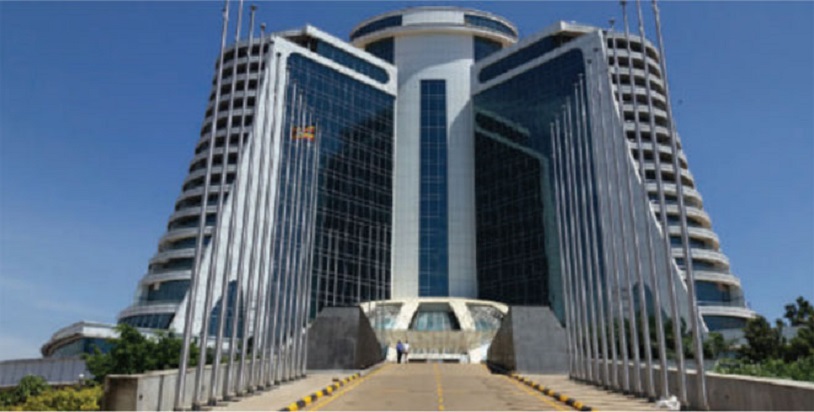The Uganda Revenue Authority (URA) posted a revenue shortfall of 690.3 Billion Shillings in the first four months of the 2021/22 financial year with all tax-heads registering shortfalls except Stamp Duty.
This meant that the government also had to adjust expenditure programs in line with the available resources for the period July to October 2021.
According to the target given by the Ministry of Finance, Planning and Economic Development, URA was supposed to have collected a total of 6.827 trillion shillings by October, out of the annual target of 22.84 trillion.
However, by the end of October, URA had collected 6.137 trillion shillings. The Ministry also reports that by the end of this period, grants worth 295 billion shillings out of the budgeted 526.7 had been received so far.
The entire grant envelopes expected for the year are worth 824 billion shillings. On the expenditure side, preliminary fiscal indicators show that government expenditure for the first four months of the financial year was less than planned by 2.181 trillion shillings, especially with the development expenditure.
This, which mainly involves infrastructure spending and other development programs, underperformed by 2.707 trillion shillings due to slow absorption capacity, mainly from the slow procurement process by some government projects.
The Ministry releases the funds to the ministries, departments, and agencies on a quarterly basis.
According to the law, this is done before the 10th day of the respective quarter, and so far 11.4 trillion shillings have been released for the first half.
This represents 50.5 percent of the approved national budget excluding external financing, appropriation in aid, and public debt.
On the other hand, current expenditure that involved day-to-day and fixed expenses like salaries and wages, was higher than programmed, by 336 billion shillings. This was because of higher payment of arrears, which was 205.6 billion above target.
“This is part of government’s continuous effort to cushion its suppliers against the effects of the pandemic by clearing more arrears than budgeted. It helps the suppliers to remain financially able to continue in business,” says the Ministry in a statement.
The developments in government revenue and expenditure resulted in a fiscal deficit of 3.699 trillion shillings, which was lower than the programmed deficit by 1.328 trillion.
While the government managed to post a lower deficit than it had planned, it nevertheless, means that it spent beyond its means.
A breakdown of the tax revenues shows that direct domestic taxes, underperformed by 23.4 billion shillings having totaled 1.77 trillion shillings, while indirect domestic taxes 1.46 trillion shillings, short by 389 billion.
International trade taxes, which involve import taxes and export levies underperformed by 154.7 billion shillings to raise 2.532 trillion shillings.
According to figures at the URA, under the indirect domestic taxes, only the levy on Mobile Money withdrawals posted an over-performance, raising 49 billion out of the targeted 42.8 billion shillings.
The duty of mobile money transfers was about 1 billion shillings less than the 37.6 billion that was targeted.
Other domestic taxes, including corporate tax and rental income tax, also registered shortfalls. Pay-as-you-earn, however, recorded a positive performance of 76.4 billion above the target, according to the records.
On International trade taxes, Petroleum imports which are the biggest single overhead was budgeted to raise 845 billion shillings, but the outturn for the period to October was 813 billion.
By the end of the financial year, it is expected to have raised 2.6 trillion shillings. Meanwhile, import duty also saw a shortfall of 101 billion to a total of 457 billion shillings.
These were affected by the decline in total imports during the period compared to the earlier periods and predictions, mainly due to a lockdown at the beginning of the financial year.
URA Commissioner General John Musinguzi Rujoki says apart from the temporary crisis caused by the Covid 19 pandemic, the country’s tax-paying regime is still very weak, with many potential taxpayers remaining out of the net.
“There are over 7 million people engaged in income-generating activities that qualify to contribute to the tax basket. Unregistered traders and undeclared employment dominate our economy. The current tax register has about 1.9 million taxpayers out of a population of 45 million Ugandans. This offers a significant opportunity to find ways to bring them into the tax net to contribute to the development of our country,” he says.
-URN





